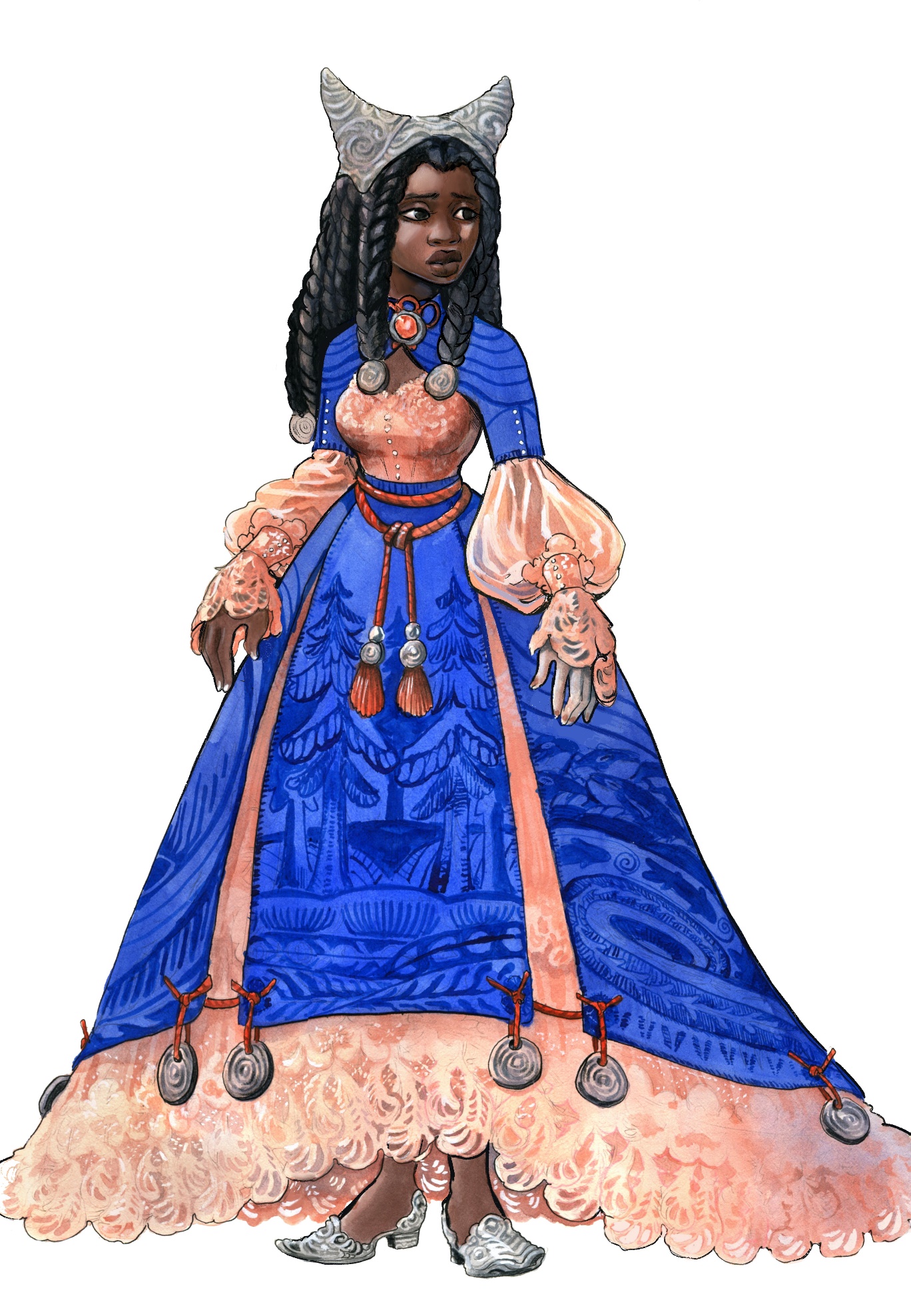Chapter 31:
The Offering
Each day on the mountain strengthened Moth’s resolve to be Hiren’s offering.
High up in the clear air, overlooking the unending burnt valleys, Moth had a view of Hiren that revealed just how eaten her home had become. Each day she saw a flame down in the far-off fields, spitting up coils of smoke, blanketing her inheritance in gray death.
Some nights she couldn’t sleep with how the guilt rotted at her, thinking of her family.
How could I leave them like that? Moth mourned to herself. I didn’t even say goodbye.
She wondered if they would be at the ofere – would they allow it to happen? Would they try and stop her? She could not think of Ama; the look of betrayal her mind imagined carving up her little sister’s face, the pain and confusion.
Moth wrote a letter, trying to put together her thoughts and her desperation to her parents, to Ama, to all of them – but what could she say that would help?
Ultimately, she wrote to them
I’m sorry I left without telling you why, I’m sorry if you were afraid for me, but I’m safe where I am.
I love you all – so very much it hurts to write about it, and sometimes when I think about where I’m going I tremble at the idea that I will not have you around to
